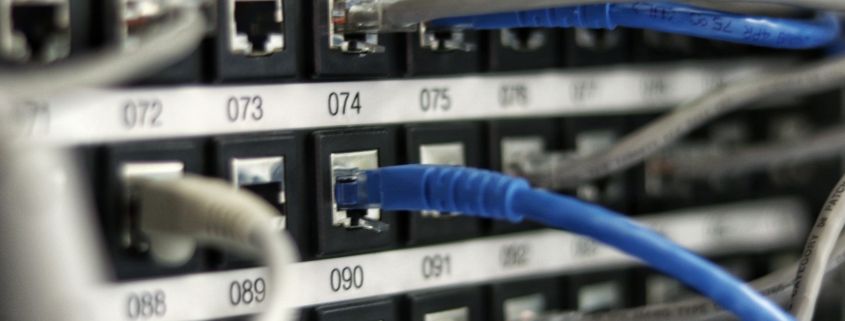Should You Buy, Rent, or Lease Servers?
For small to medium businesses (SMBs), it can be challenging to deal with the demands of technology. Since it’s almost a must to update with the latest equipment and facility, it might be challenging to decide whether to buy, rent, or lease it.
There are a lot of factors to take into account here. The cost, maintenance demands, and abilities of the SMB to maximize the equipment or IT facility to its full potential are just some of the prominent examples.
Buying servers: pros and cons
Buying your servers mean you get full control but at a price. Purchasing your servers also translates to hefty upfront costs, something that most SMBs don’t have the means to pay. Still, since you’re not bound to any terms of limits, management and customization are a lot easier.
But the question is this: do you have an IT team to manage the servers? If your answer is no, you’re better off either leasing or renting servers. There’s no use to acquiring your servers if you don’t have the people to maximize it.
In the end, you might be using it in the same way that you’ll do when renting or leasing. The big difference is you paid much more.
Also, you have to understand that servers upgrade continuously. Since you’ve purchased a particular version, you’ll be obliged to pay for the upgrade, which, again, is expensive. You have the option to put off the updates, but this means being left behind in terms of technological advancements.
Renting servers: pros and cons
Renting is probably the most practical option for SMBs. This means renting your servers and computers from a third-party IT provider.
Renting allows you to shop around and use the latest servers and computers without shelling out a large amount. IT service providers always update their infrastructures to lure more clients, something that benefits you as the ‘tenant’. Aside from enjoying the perks of updated servers, you will also control the costs of the IT service.
The most significant advantage of renting servers and computers is that you’ll get maintenance and support from your provider. With this, you no longer have to maintain a large IT team, which is a big reduction in your operational costs.
Leasing servers: pros and cons
Leasing is something between buying and renting. You don’t purchase the servers and computers, but you still pay a fixed monthly rate. This is a good choice for companies who don’t need to update their servers and computers often.
However, you only get the infrastructure. The responsibility of maintaining and utilizing the IT infrastructures is on your shoulder. This means you need to employ an IT team to manage your leased servers.
Again, not all SMBs have the resources to avail such addition. Aside from that, leasing means you’ll get stuck on the same technology for a long time. In the long run, renting is the best option.
Conclusion
Knowing when to rent, buy, or lease your servers is critical for efficiently utilizing the technology. Also, it will cut unnecessary cost connected to maintaining your business’ technological infrastructure.




Leave a Reply
Want to join the discussion?Feel free to contribute!